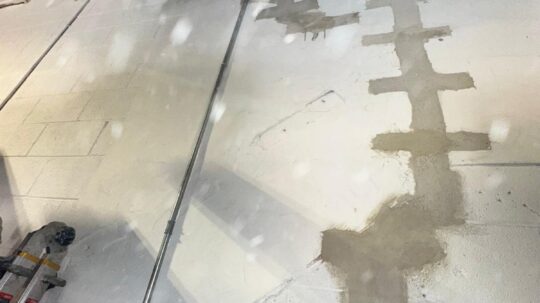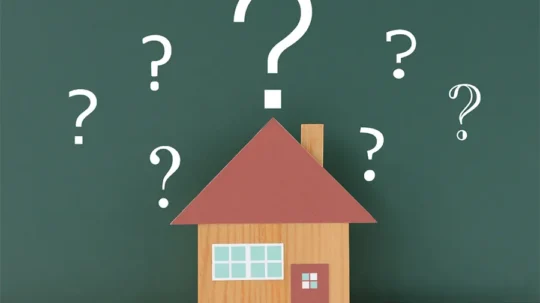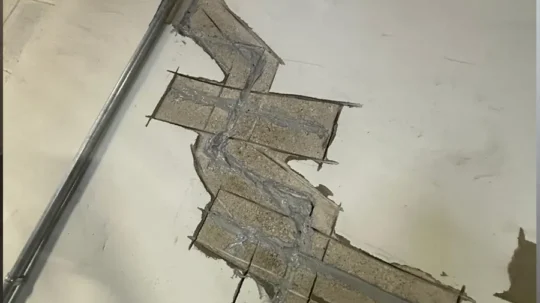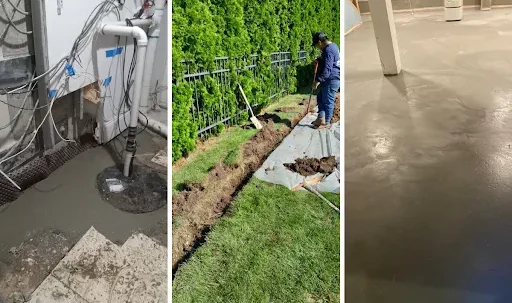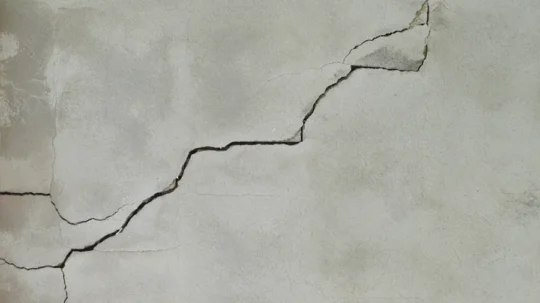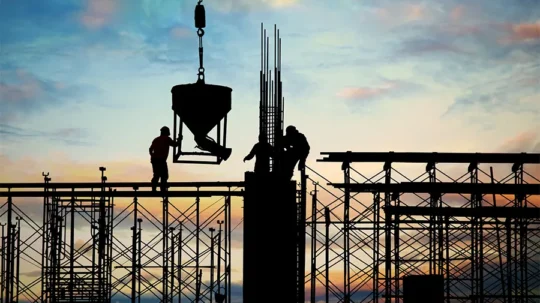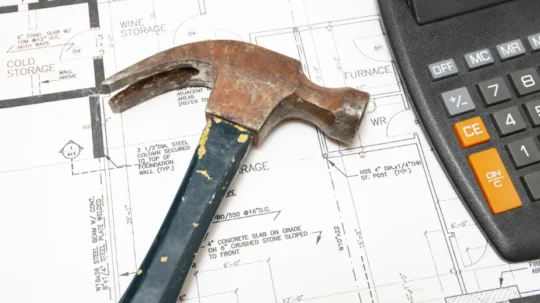
Should You Buy a House with Foundation Problems?
Buying a house with foundation problems can be a tough decision. While some issues are minor and fixable, others can lead to costly repairs and affect the home’s safety and value. Understanding the risks, repair costs, and impact on resale value is essential before making an offer.
This guide breaks down what to look for, how to assess foundation issues, and whether buying a home with foundation problems is a smart investment.
Make Informed Decisions – Understand the Risks and Rewards of Homes with Foundation Issues!
Selling a house with foundation problems? Check out our guide here.
Recognizing Signs of Foundation Problems
Before purchasing a home, it’s crucial to identify potential foundation issues. Some signs may indicate minor settling, while others could point to serious structural damage.
Common Signs of Foundation Problems:
- Cracks in Walls and Floors – Large, stair-step cracks in brick, drywall, or concrete.
- Doors and Windows Sticking – Difficulty opening or closing doors and windows due to shifting frames.
- Uneven or Sagging Floors – Sloped or bouncy floors, especially in older homes.
- Gaps Around Doors and Windows – Visible separations where walls meet framing.
- Water Intrusion or Moisture – Damp basements or crawl spaces indicating drainage issues.
If you notice any of these warning signs, hiring a structural engineer or foundation expert for an inspection is essential before moving forward with the purchase.
Assessing the Severity of Foundation Issues
Not all foundation issues are created equal; understanding their severity is crucial for prospective homeowners. Some minor cracks may be purely cosmetic, while major structural concerns can compromise the home’s safety and long-term stability.
The Role of a Licensed Foundation Repair Contractor
A qualified foundation repair contractor can determine whether foundation issues are minor or serious and give you expert advice on any necessary repairs. They conduct a detailed inspection, assess structural integrity, and provide recommendations for necessary repairs. Their report is also useful when negotiating with sellers or applying for financing.
Minor Foundation Issues vs. Major Structural Concerns
- Minor Issues: Small hairline cracks in drywall, slight settling, or normal shrinkage cracks in concrete. These often require basic repairs, such as epoxy injections or sealing.
- Moderate Issues: Larger cracks, minor sloping floors, or slightly misaligned doors and windows. These may need underpinning, slab jacking, or drainage corrections.
- Major Issues: Bowing walls, significant sinking, widespread cracks, or severe water intrusion. These typically demand foundation repair solutions like helical piers, wall anchors, or major structural reinforcements.
Don’t Let Your Dream Home Slip Away!
At Foundation Concrete Repair, we offer proven, proactive solutions, tailored to each project and affordable financing options to help make payments manageable.
Weighing the Pros and Cons of Purchasing a Home with Foundation Problems
Buying a house with foundation issues can be a smart investment or a financial risk, depending on the extent of damage and repair costs. Before making an offer, it’s essential to consider both the advantages and potential drawbacks.
Pros of Buying a House with Foundation Issues:
- Lower Purchase Price – Homes with foundation problems often sell for less, providing an opportunity for buyers to negotiate a reduced price.
- Less Competition – Many buyers shy away from homes with foundation concerns, giving you leverage in negotiations.
- Opportunity for Value Increase – If repairs are completed correctly, the home’s value can significantly rise, leading to a strong return on investment.
Cons of Buying a House with Foundation Issues:
- High Repair Costs – Foundation repair costs can range from a few thousand dollars for minor fixes to tens of thousands for major structural work.
- Financing Challenges – Many lenders hesitate to approve mortgages for homes with unresolved foundation issues, making financing more difficult.
- Resale Difficulties – Even after repairs, some buyers may be wary of purchasing a home with a history of foundation problems.
If you’re considering buying a house with foundation issues, weigh the long-term benefits against potential foundation repair costs. Sometimes, foundation issues aren’t too serious, and they can be repaired and prevented in the future.
Weigh the Pros and Cons – Make the Best Choice for Your Future Home!
Navigating the Home Buying Process with Foundation Concerns
Embarking on the home-buying process with foundation concerns requires careful planning and informed decision-making. While purchasing a home with foundation repair needs isn’t necessarily a dealbreaker, taking the right steps can help mitigate risk and ensure a sound investment.
Key Steps to Take:
- Obtain Detailed Repair Estimates – Before finalizing a purchase, secure quotes from at least three reputable foundation repair contractors. This helps determine the actual cost of repairs and whether the home is still a good deal.
- Negotiate with the Seller – Armed with repair estimates, buyers can request one of the following:
- The seller completes repairs before closing.
- A price reduction to offset foundation repair costs.
- Closing credits to cover future repairs.
- Explore Specialized Financing Options – If the home requires significant structural work, consider loan options such as:
- FHA 203(k) Loans – Designed for fixer-uppers, allowing buyers to finance both the purchase price and repair costs.
- Conventional Renovation Loans – Some lenders offer mortgages that cover structural repairs.
- Seller Financing – In some cases, sellers may offer financing if traditional lenders won’t approve the loan.
Purchasing a home with foundation issues requires due diligence, but with proper foundation repair planning, negotiation, and financing, it can still be a worthwhile investment.
When to Walk Away from a Property with Foundation Issues
While some foundation problems are manageable, others pose too great a risk. Knowing when to walk away can save buyers from unexpected expenses, financing headaches, and long-term structural issues.
Red Flags That May Signal It’s Time to Move On:
- Extensive Structural Damage – If a structural engineer confirms severe foundation movement, bowing walls, or irreversible damage, repairs may be too costly or unreliable.
- Prohibitive Repair Costs – When foundation repair estimates exceed the property’s potential resale value, the financial risk outweighs the investment.
- Uncooperative Sellers – If the seller refuses to disclose past repairs, provide inspection reports, or negotiate on price, this could be a sign of hidden issues.
If multiple warning signs appear, walking away from the deal may be the best option. While foundation issues don’t always mean a home is unlivable, buyers should only proceed when confident in the property’s long-term stability and repair feasibility.
Should You Buy a House with Foundation Problems: Final Thoughts
We hope this blog answers your question, “Should you buy a house with foundation problems?” Remember, buying a home with foundation problems can be an opportunity or a costly mistake, depending on the extent of the damage and repair options. By securing expert inspections, negotiating strategically, and evaluating financing options, buyers can make an informed decision. When in doubt, consult with a structural engineer and trusted foundation repair professionals before proceeding.
Need Expert Guidance? Schedule a Foundation Inspection Before Making Your Decision!
